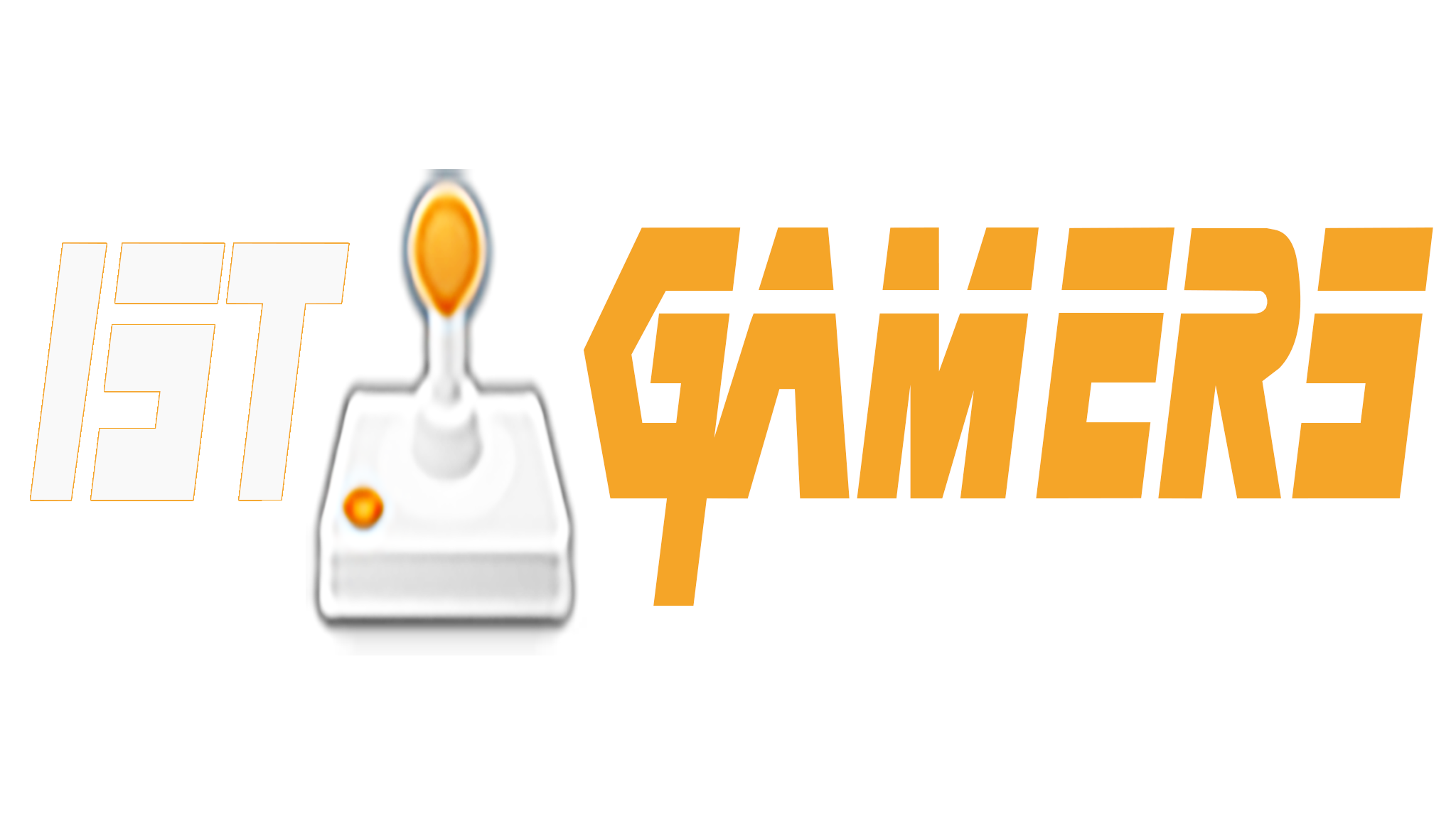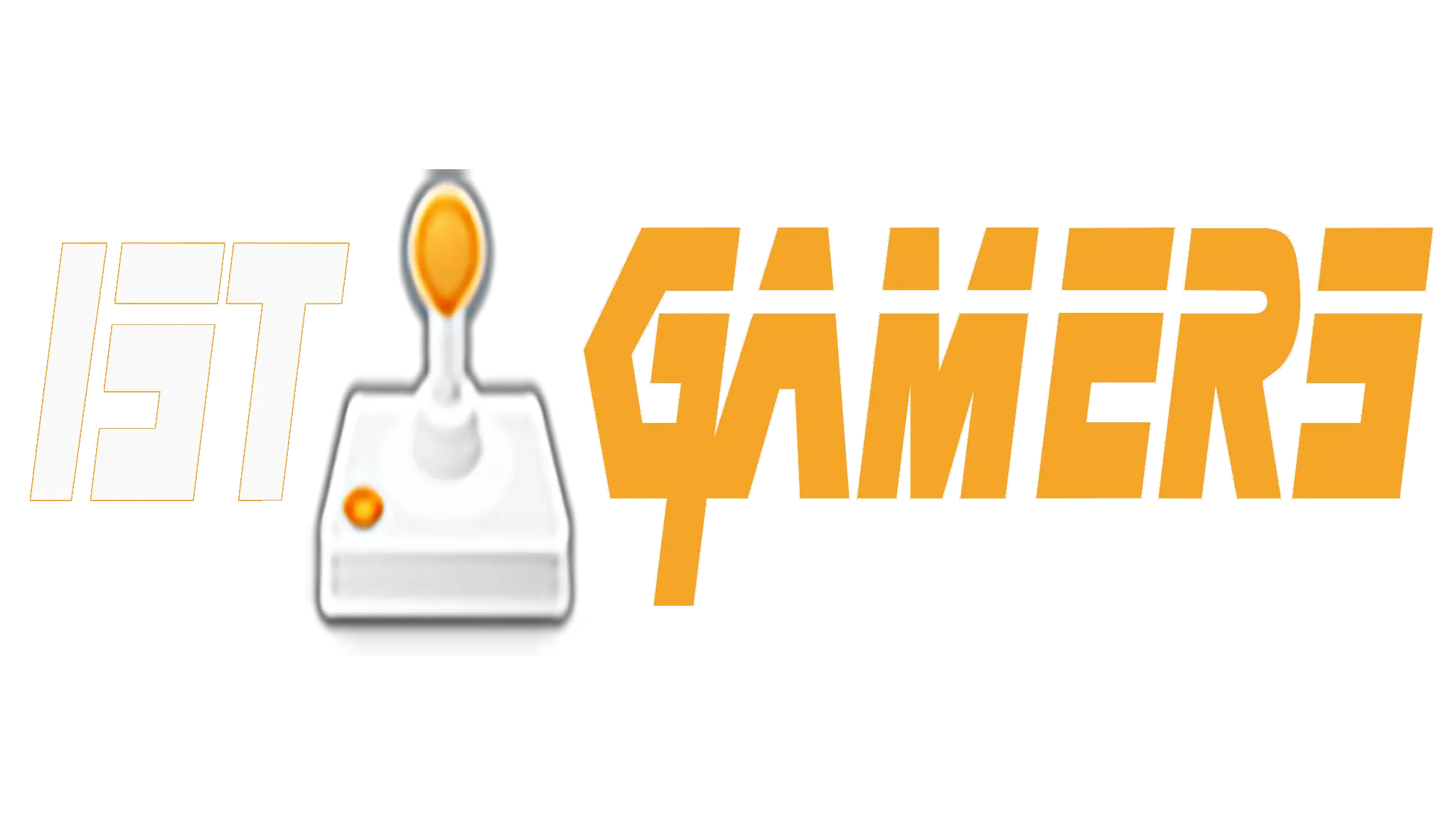SINGAPORE – He was retained twice in Secondary 1 and stopped going to school due to a health condition, which led to him being bullied.
Staying home all day for more than two years, Rico Ang spent his time playing mobile games and joined a Facebook group for Mobile Legends: Bang Bang, a mobile multiplayer online battle arena game.
“I was just looking for people to talk to,” said the 18-year-old.
Rico was added to a Discord server – a communication platform that allows users to connect with friends and communities through text, voice and video chat. While introducing himself, he said he was not in school, but in cyberspace most of the time.
The owner of the group then messaged him about a counsellor he could talk to, who was also in the Discord group. The counsellor was Mr Benjamin Loo from the Singapore Children’s Society.
Mr Loo had joined the Discord server after finding out about it from one of the young people he supports, and chatted with its community owner to look out for young people needing help.
This is part of a new approach the Children’s Society has been trying out since September 2023 that the charity calls “online drifting”, where its staff go on various digital platforms that young people frequent to check in on them. The hope is that building close bonds with the young people will encourage them to seek help when they need it.
The Children’s Society runs four physical drop-in centres in Singapore that promote positive development in those aged 13 to 21 through outreach, engagement, casework and counselling.
They are VOX, JYC, RoundBox and The Fort.
VOX @ Children’s Society is taking the lead on the charity’s digital outreach efforts, starting with creating a virtual drop-in centre, 2Gather, when its physical centres were closed during the Covid-19 pandemic in 2021. The virtual space has a counselling room, staff office and a dance studio, where young people can chat with their friends or youth workers, and play games like Valorant, Tetris and Mobile Legends.
Mr Chee Thow Wei Liat, deputy director and head of VOX, said: “In the physical world, some young people might not have the kind of skills to open the inroads into human connection, which results in them exclusively relying on digital platforms for human connection for a period of time.”
Ms Evonne Ng, a social worker with VOX, said: “Some of the youth don’t always physically come here – they might be busy, or going through some challenges in their lives. But we want to keep in contact and continue to build that developmental relationship with them.”
Mr Loo, who started off playing Mobile Legends with Rico, was able to gradually gain his trust. Over time, their conversations expanded beyond gaming, opening the door for the teenager to share about his challenges with school, and his relationships with his parents and friends.
Mr Loo worked to change Rico’s distorted perceptions of the real world, such as thinking school staff were biased against him. He also took Rico to a doctor to address his health problems.
Rico then felt well enough to participate in VOX’s online group discussions for young people on topics like identifying their strengths. He also joined in on sessions with VOX’s Mobile Legends interest group, conducted over Discord.
For the first time in years, Rico was interacting regularly with peers in a structured and supportive environment. As his confidence grew, he took the step of meeting Mr Loo face to face.
He has now returned to school and is studying for the N levels, with the hope of moving on to the Institute of Technical Education to study cyber security.
VOX started its Mobile Legends group in November 2023 to build in-game competencies and connectedness among members as well as with staff. Professional e-sports coach Daryl “Youngin” Ng and a VOX staff member coach the group’s 19 young members on the game, communication and teamwork, as well as emotional regulation and conflict resolution.
The group was first started in late 2022, but broke up when disagreements led to some members pulling out. It was later relaunched when Youngin came on board in November 2023, and now holds fortnightly sessions with its 19 members.
Three members in the group have competed in the Mobile Legends: Bang Bang Professional League Singapore across two seasons.

VOX @ Children’s Society youth at a Mobile Legends coaching session with professional e-sports coach Daryl “Youngin” Ng.PHOTO: SINGAPORE CHILDREN’S SOCIETY
As part of her online drifting efforts, Ms Ng follows VOX youth on Instagram to stay in touch when they post updates about their lives, and replies to their Instagram Stories to chat with them.
Having mutual friends with young people on Instagram allows her to break the ice with them more easily. After building rapport, some of them open up to her about their challenges, and she then does a strengths and needs assessment, and starts on preventive work or interventions with them.
For instance, some of them talk about their friendship problems and send her screenshots of chats, which she helps them break down and offers another perspective on.
The Children’s Society engaged a total of 1,668 young people at its four youth centres in 2024, with VOX reaching 236 of them through digital youth work.
Another way VOX reaches young people is by live-streaming Mobile Legends or through hangouts on Instagram.
Live-streaming games on Instagram notifies followers and boosts VOX’s icon to the top-left corner of the app on followers’ screens, encouraging young people to participate in the live chat or join the live streaming, said Mr Chee Thow.
“So that’s how we overcome the algorithm’s perception of VOX being unpopular and unnecessary.
“It’s almost like live-streaming with other young people while gaming concurrently opens up a gateway to the peer population of each of these three youth who are going live with us,” he added.
Ms Ng said the team also involves young people in its social media content creation to appeal to fellow young people to come by its centres.
Another charity, Impart, does not look for reclusive youth through online platforms, but works with young people referred by schools, peers and caregivers.
But it started a Minecraft programme in 2024, where reclusive young people play team games in a virtual world. Minecraft is a game that allows players to build and explore worlds.
Impart’s Minecraft programme features games such as a railroad adventure and a parkour activity to teach young people about topics like healthy living, self-esteem and relationships. The games aim to progressively gear them up with skills to face challenges.
Mr Calvin Leong, an assistant manager at Impart, said the hope is that the Minecraft programme, which is conducted virtually, can draw out reclusive youth, who can then participate in Impart’s Mobile Legends programme in person.
Impart’s Mobile Legends group helps the youth visualise their future, before going into the game coaching. “This motivation can last longer because it’s intrinsic. It’s something that you really want and you can work towards,” said Mr Leong.
Both programmes are 12 weeks long and each run accommodates a maximum of 12 young people for effective group therapy.
Impart has worked with 50 reclusive young people since 2021, with nine participating in the Minecraft programme.
Mr Benjamin Yeo, lead social worker at Fei Yue Community Services, said Fei Yue currently works with about 80 reclusive young people and is expanding its service to support up to 125 such individuals at a time.
“We saw many hidden youth spending excessive time in cyberspace – more than 10 hours a day – because it is often their only way to get their needs met and develop a positive digital identity that made them feel good about themselves.”
These are developmental needs for belonging, safety and recognition, he added.
Mr Yeo said Fei Yue’s outreach workers often get to know the reclusive young people’s online identities and support them to translate these identities into their lives.
One such youth, Tim (not his real name), stopped going to secondary school after a rough break-up and the betrayal of his best friend, and stayed home playing Mobile Legends all day.
Tim’s social worker, Mr Yeo, whom the school referred him to, found he enjoyed taking up the role of a “tank” in the game, to carry his team to win. Hence, Mr Yeo had conversations with Tim on who in the real world he would like to carry, and what winning would look like to him.
Tim said: “I wasn’t really the person to accept people at the time, but slowly, I opened up to Ben, because he was very positive, and I feel like he really cared to help people. He was there for me.”
After four years of intervention, Tim stopped gaming and enrolled in ITE College East, studying mechanical technology, and wants to find a good job to support his family.
Tim, who is top of his class, said: “I was surprised that I can do it. So it gave me motivation.
“I want my family to live comfortably. I want to be a good example for my nieces.”
- Shermaine Ang is a journalist at The Straits Times, covering social issues in Singapore.
Join ST’s WhatsApp Channel and get the latest news and must-reads.




































